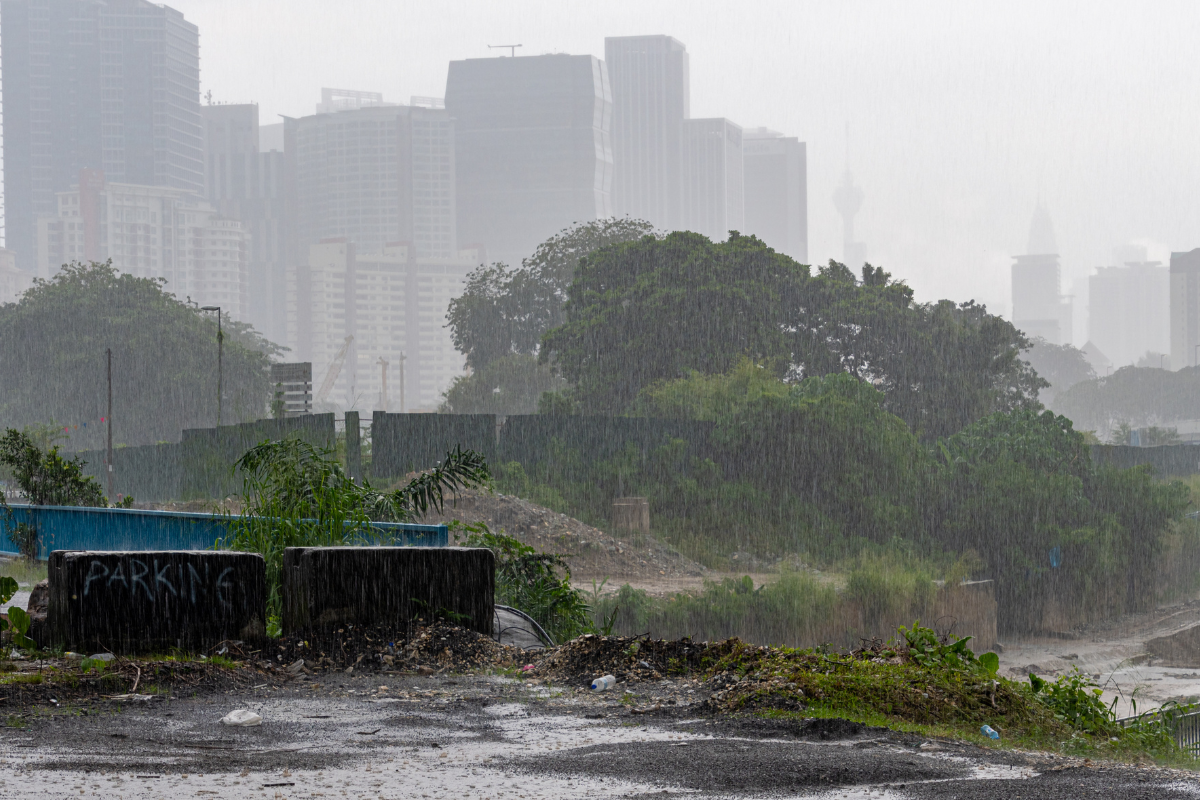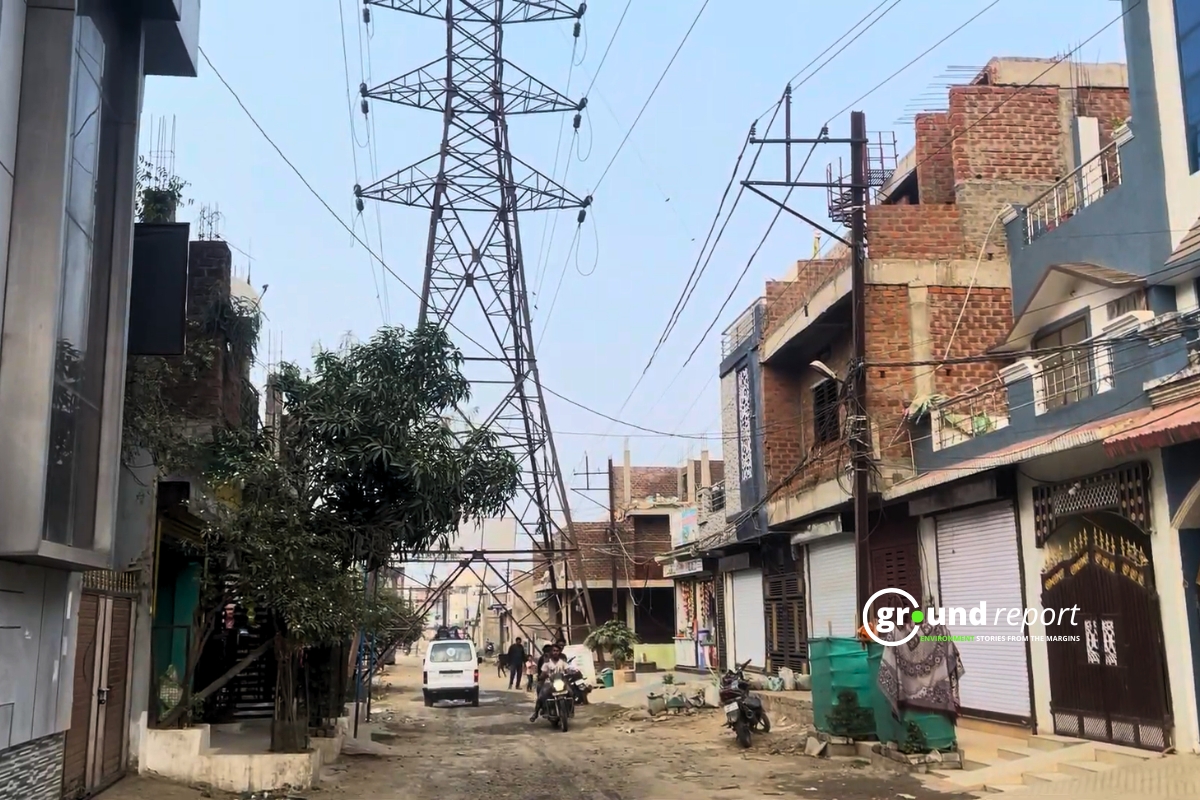The decade-long monitoring effort has revealed a dire situation in major cities in Madhya Pradesh as subsurface water levels continue to decline. Based on the findings of the Central Groundwater Board (CGWB), Bhopal has recorded a considerable depletion rate of 66.7%.
Moreover, Indore and Jabalpur have reported even higher depletion rates, standing at 85% and 82.4%, respectively. These figures surpass the national average depletion rate of 40.2% for cities with populations exceeding one million, indicating a severe water crisis in the region.
Over ten years, the water levels in more than 55 million cities worldwide, with a particular focus on well water levels. In Bhopal specifically, the study closely monitored the water levels in 15 wells from November 2012 to November 2022. Out of these monitored wells, 10 experienced a significant depletion in their water levels.
Out of the total wells observed, eight experienced a decrease in water levels ranging between 0-2 meters, with one well demonstrating a drop of 2-4 meters. Surprisingly, only four wells displayed an increase in water levels, varying from 0-2 meters to 2-4 meters, as per the evaluation conducted by CGWB.
The water crisis extends beyond Bhopal, as revealed by the analysis of up to 24 cities, where over 50% of them experienced stock-out rates. In Indore, the examination of approximately 20 locations displayed a concerning decline in water levels for 17 of them. Similarly, in Jabalpur, a downward trend was observed in 14 out of the 17 analyzed locations. In contrast, Gwalior, having tested only one location, did not exhibit any decrease in water levels.
The CGWB employs a well-established network of monitoring wells to regularly track groundwater levels in cities across the region. This essential data serves as a crucial indicator of the severity of water scarcity and plays a pivotal role in guiding targeted interventions to tackle the problem.
In addition to aggravating the prevailing water crisis, an official mandate from the state government on October 27, 2009, further exacerbated the situation by requiring builders of structures spanning more than 1,500 square feet to allocate funds for rainwater harvesting. However, these funds will be refunded upon the completion of the construction projects.
However, it is concerning to observe that a mere 10% of the new constructions in the city are equipped with water catchment systems. The recent 71-page master plan for the development of Bhopal fails to address the crucial issue of water harvesting. It is worth mentioning that the amendment acknowledges the importance of conserving all identified water bodies, except for Lake Bhojtaal and its catchment area.
Keep reading
- Tribal revolutionary Tilka Manjhi whose valor story is part of tribal culture
- Tribal community in Jammu Kashmir discriminated since independence
- The Naked Truth of Bastar; Tribal Heart Land of India
Follow Ground Report for Climate Change and Under-Reported issues in India. Connect with us on Facebook, Twitter, Koo App, Instagram, Whatsapp and YouTube. Write us on GReport2018@gmail.com







